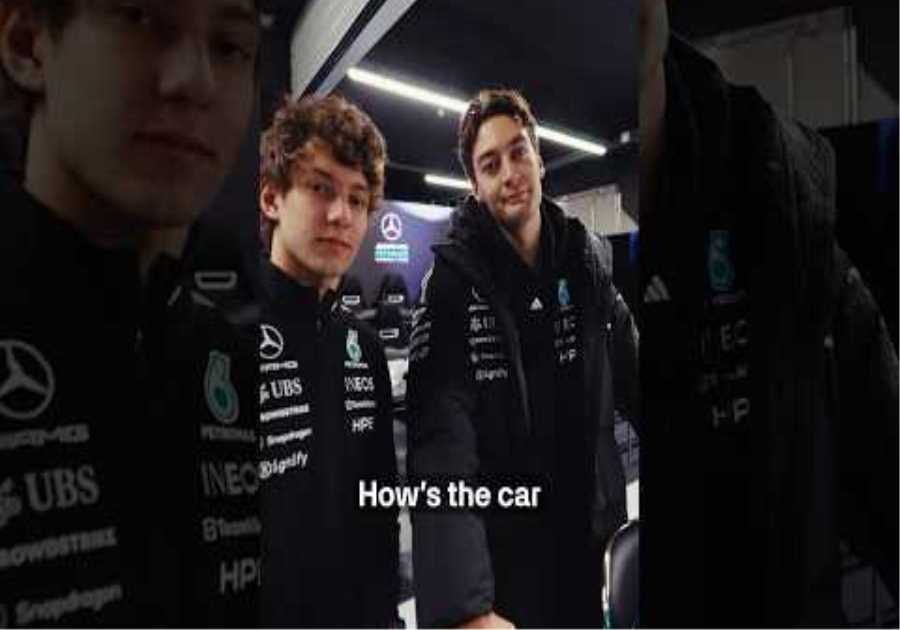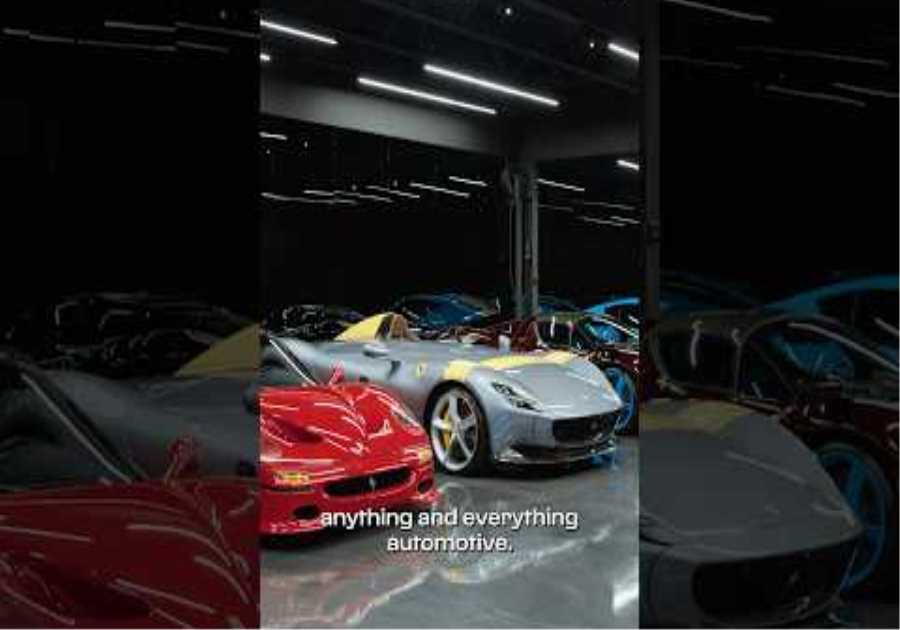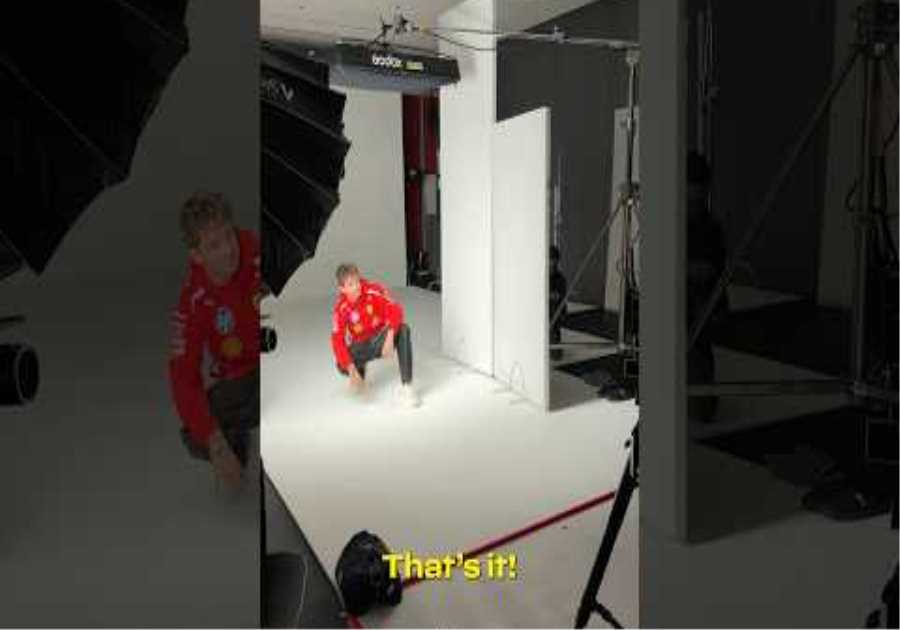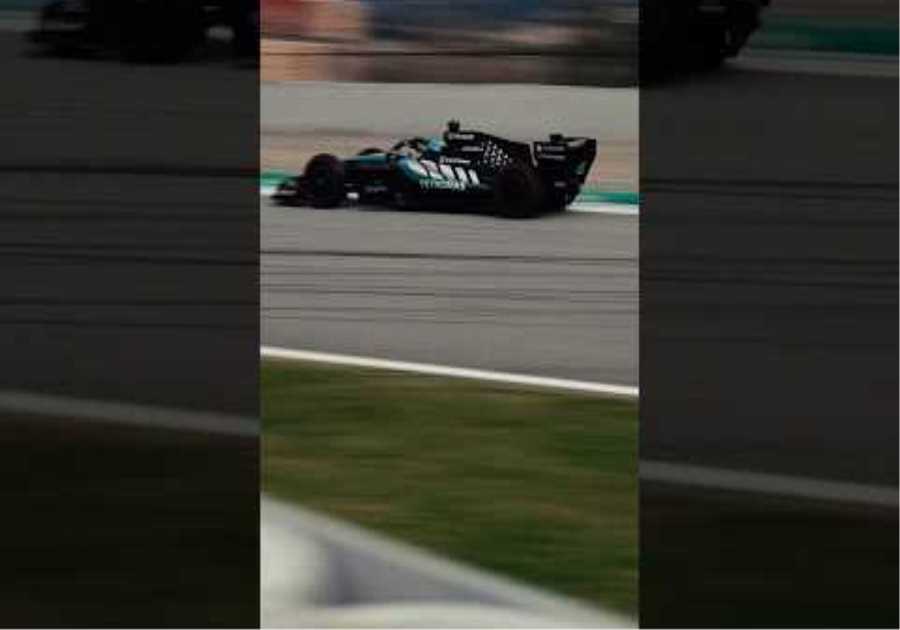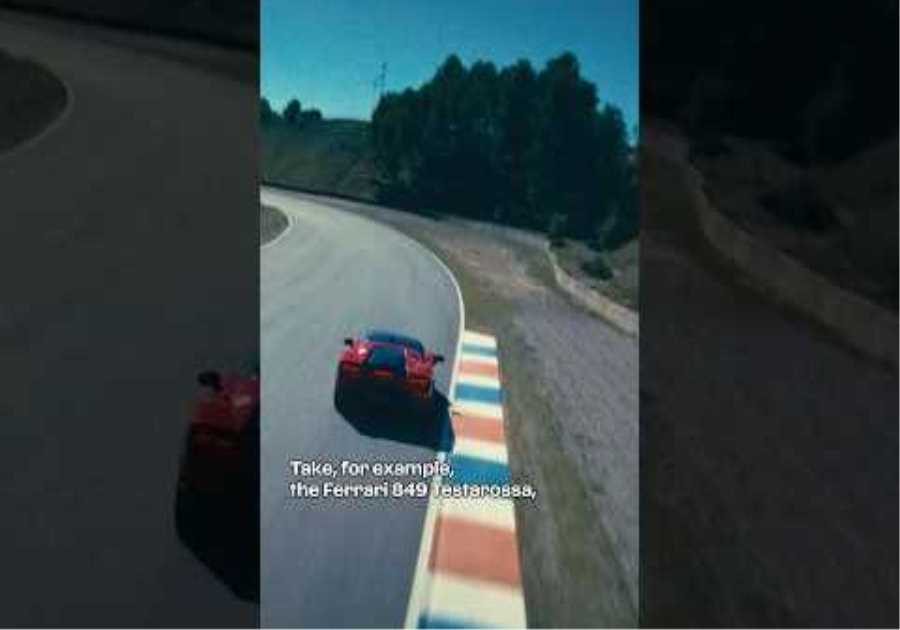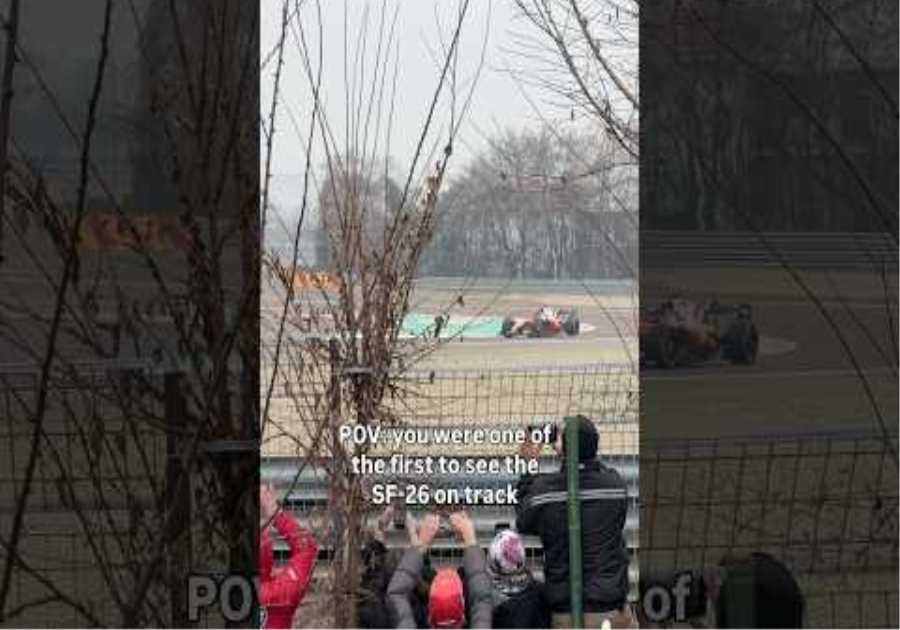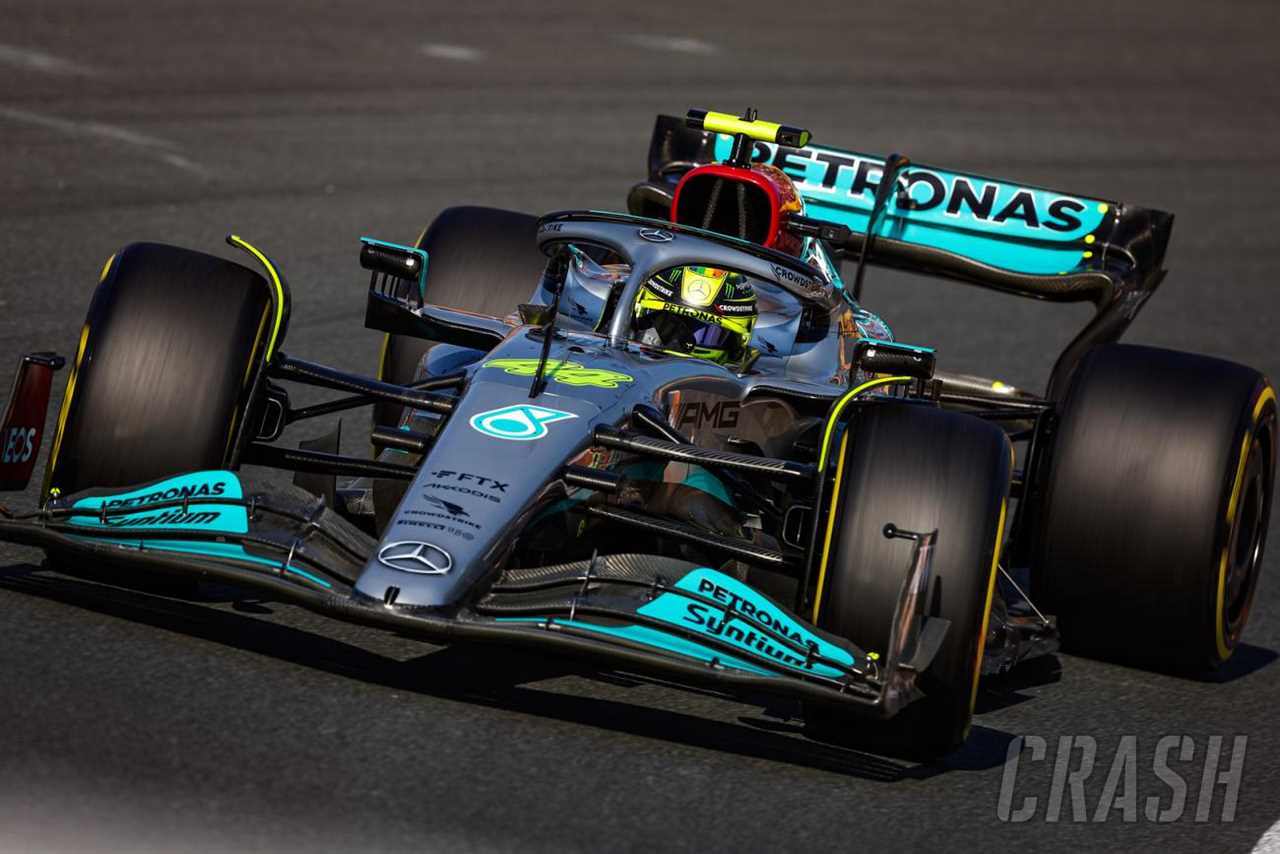
Mercedes endured their worst F1 season since 2013 as they went from title-winners to the third-fastest team at the start of the sport’s new era of aerodynamic regulations.
The German manufacturer spent much of the early part of the season trying to fix porpoising and bouncing issues that hampered the performance of their troubled W13 and prevented Lewis Hamilton and George Russell from fighting for race wins.
Mercedes made some progress towards the end of the year but only had the pace to genuinely challenge for victories at certain races, with Russell claiming the team’s only win of 2022 in Brazil.
Speaking in Sky F1’s 2022 season review, Chandhok tipped Mercedes’ car to look the most different at pre-season testing in Bahrain.
“They got the concept wrong, they’ve been very open about it,” Chandhok said.
“For me, one of the most intriguing things when we all go to Bahrain pre-season testing next year, is what does the 2023 Mercedes look like?
“Because out of the cars that have run this year, they are the ones that will look quite different.
“The Red Bull will be an evolution, the Ferrari will be an evolution, but the Mercedes needs to be quite different to get it to work.”
Related Articles
Asked how Mercedes failed to see the porpoising problem coming while other teams anticipated it, Wolff told the Beyond The Grid podcast: “Because we got it wrong. Even the best people can get it wrong.
“My assumption of why a team would function – that I learned back in the Williams days – is that you have to have the right infrastructure, the financial resource, good drivers, a powerful engine, the right organization, and enough time to put it all together.
“These ingredients would make sure that you are competitive. Winning can be something else, and winning a championship is a different thing, but we have all of that.
“We haven’t suddenly taken a stupid pill [and gone from] winning the constructors’ championship last December and then in March being nowhere.
“It is very easy – we got the concept wrong. We underestimated the effect when running the car very low and others did a better job.
“Whether they knew the effect from past days or they were simply more focused on this particular area of car behavior, I don’t know.
“But in the organisation, nobody is shy to say that we have done a bad job here. It is very easy.
“There is no hiding, there is no seeking for an explanation of how we ended up there. All of us are saying that we got this very wrong and others got it very right.”

